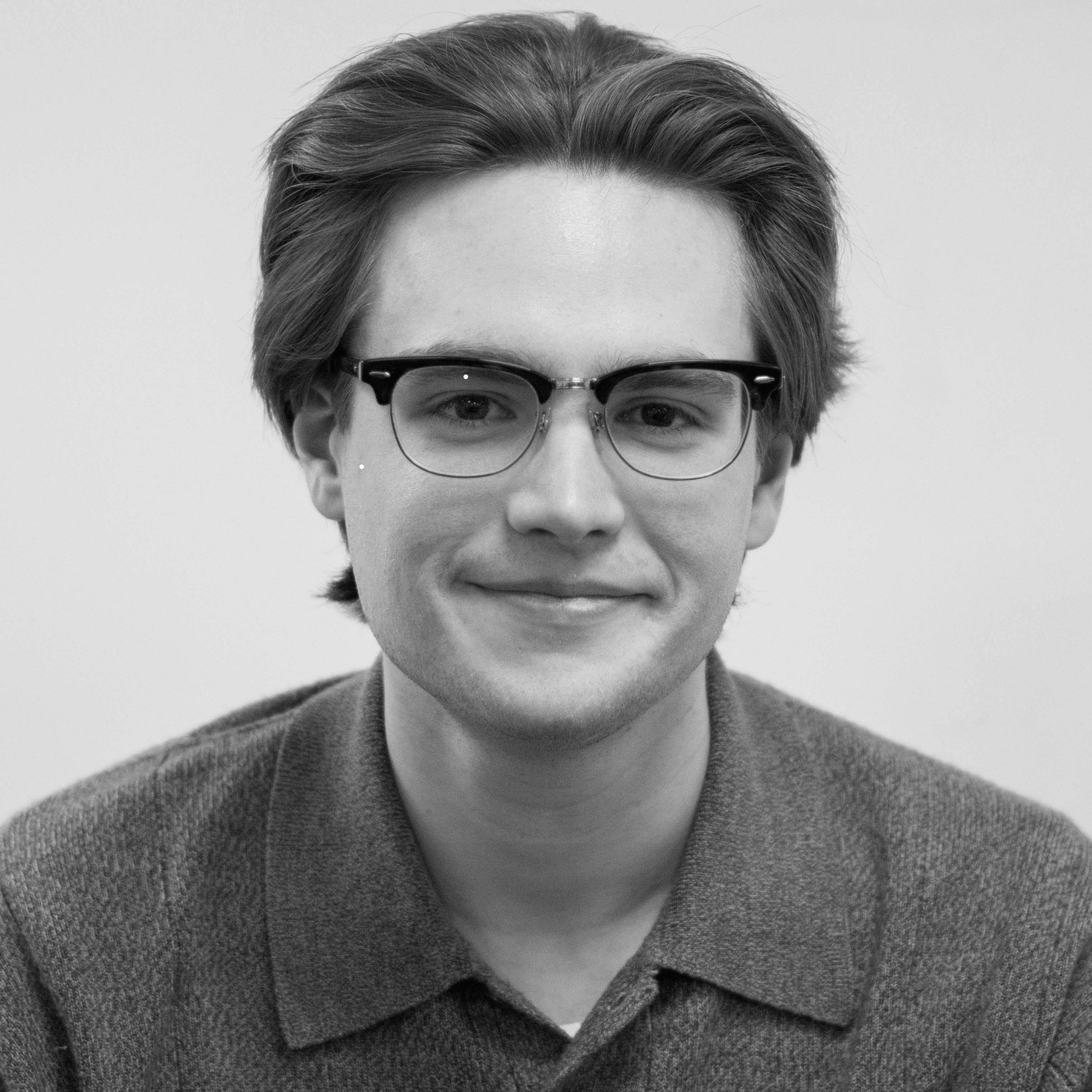Decades from now, a student might glance at her course syllabus and see our generation, the early 2000s, listed as an area of study.
We could be the focus because of our generation’s historical merit: our intrinsic interestingness, perhaps, or our events—migrations, movements, each taking years to manifest, all the way down to the minutiae of days, hours, minutes, seconds. We might live between two dates, bookended by more significant events, but still be present and very much accounted for.
Or, she might not. We might be swallowed up by a more compelling time period. We might be a mere footnote on the flank of the 21st century. We might even—perish the thought—be ignored altogether. There’s a disquieting notion: we might not be remembered by our ancestors in the same way that we remember or study our past.
How could this be? With our technology, our science, surely we will have left an indelible mark on history. Perhaps that’s just the issue: our parochial and, increasingly, pernicious focus on scientific advancement has clouded our vision. Vocational science and technology are hogging our intellectual processing power, and there is a distinct lack of effort—and motivation—to do something about it. Blindly marching toward a future of yet-unconceived scientific marvels hollows us and leaves us without a spirit, an ideal, a humanistic desire—a culture.
Humanities are counterpoint to science. Together, they harmonize. Their separation begets dissonance. Science is the framework for all that we know how to do, and it allows us to move toward something. The humanities allow us to conceive of that something. If science and technology are the skeleton, the humanities are the flesh, organs, tendons, nerves and skin—all that senses, feels, aches, lives.
This is especially true now, in the dawn of the digital humanities. Humanistic study is bolstered by today’s technology: computer programs can analyze text, identify style and understand language; studies show us how our brain treats activities—reading a book, for instance—and how we can use that information to enhance our experience; and media proliferates itself around us, changing the way that we receive and process information. Likewise, our understanding of—and apprehension about—modern science is made richer by the humanities. They guide the questions of what to make of a world with self-driving cars and hyper-intelligent computers.
But this attempt to preserve the humanities is the initiative of the few. What scares me is the mood of the many. There is popular tepid support to keep the humanities around that does, in my view, more harm than good. This commitment manifests itself in the student who says, “Yeah, the humanities are good,” but makes little or no effort to study them. We grow indifferent by virtue of everyone weakly declaring their support.
A student should have the desire and the freedom to explore the humanities on his or her own. With the humanities, we can use the experiences of others to understand ourselves. We are exposed to new ways of thinking, creating and exploring. Writing a paper, for example, is a different kind of inquiry, one where you must not only come up with the answers, but the questions, too. We can more accurately assess today in terms of the past. The United States’ immigration restrictions in the late ‘30s and early ‘40s, for instance, left many Jews fleeing Europe with little recourse. Our modern policy dilemmas—the Syrian refugee crisis, say—can be informed by our previous ones. If we are not students of history, we are mere bystanders, doomed to neither learn from past mistakes nor let others learn from ours.
A common rebuke of the humanities is that the courses offered in them are easier and, by extension, not as worthwhile or information-dense as science, technology, engineering and math (STEM) courses. (Though, if true, I hardly see why that is a reason to ignore them.) I wholeheartedly disagree. I think it is the case that, in the humanities, you’re less likely to be “wrong”—there seldom is a “wrong.” Paramount in the humanities is a critical thought process, not a search for a single “correct” answer. In this way, the humanities can be more dynamic than STEM disciplines: the door is never closed to new interpretation.
The humanities are not dead. Their preservation, however, requires more than feeble commiseration. We need to throw ourselves into the humanities and allow ourselves to experience all that it can provide. We should not allow ourselves to be passed over because we, in our apathy toward the culture of the past, were unable to generate a culture of our own. Eschew the insular STEM-centric ideology that pervades us—study STEM, and more. If we don’t, we’ll be little more than an itemized list of scientific accomplishments, shunted to the dustbin of history with a ribbon that reads “Participant,” and nothing else.
Ransom is a member of the class of 2017.

